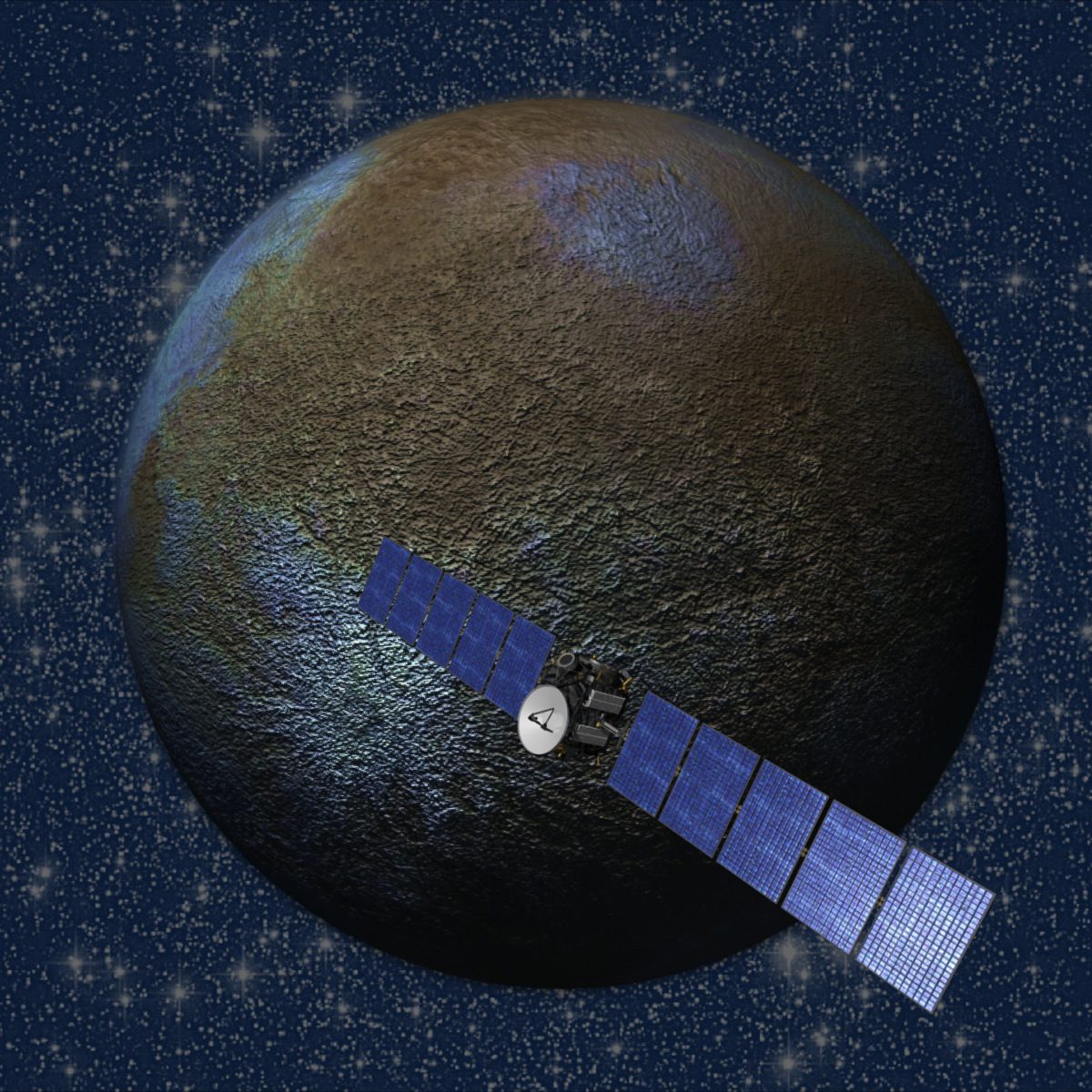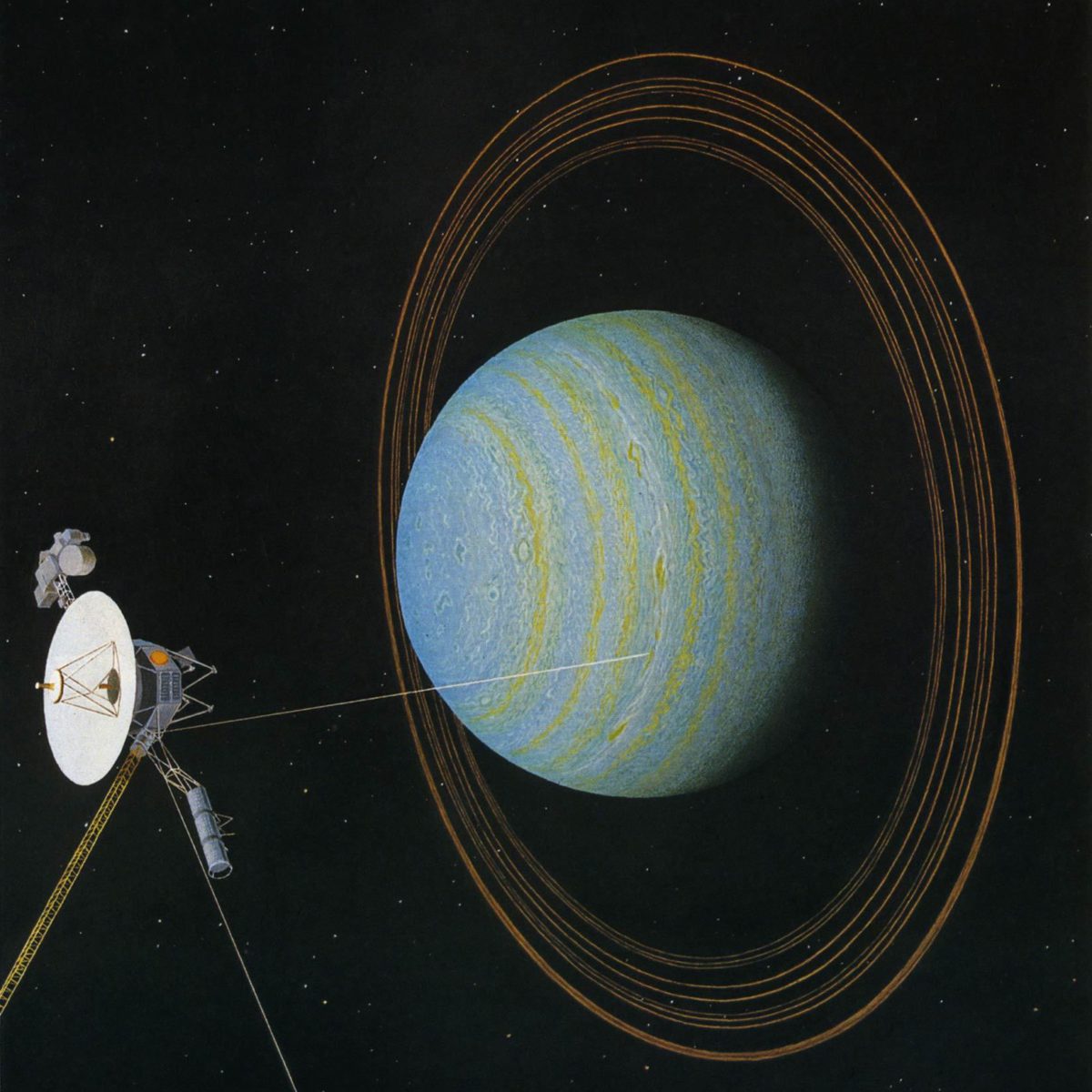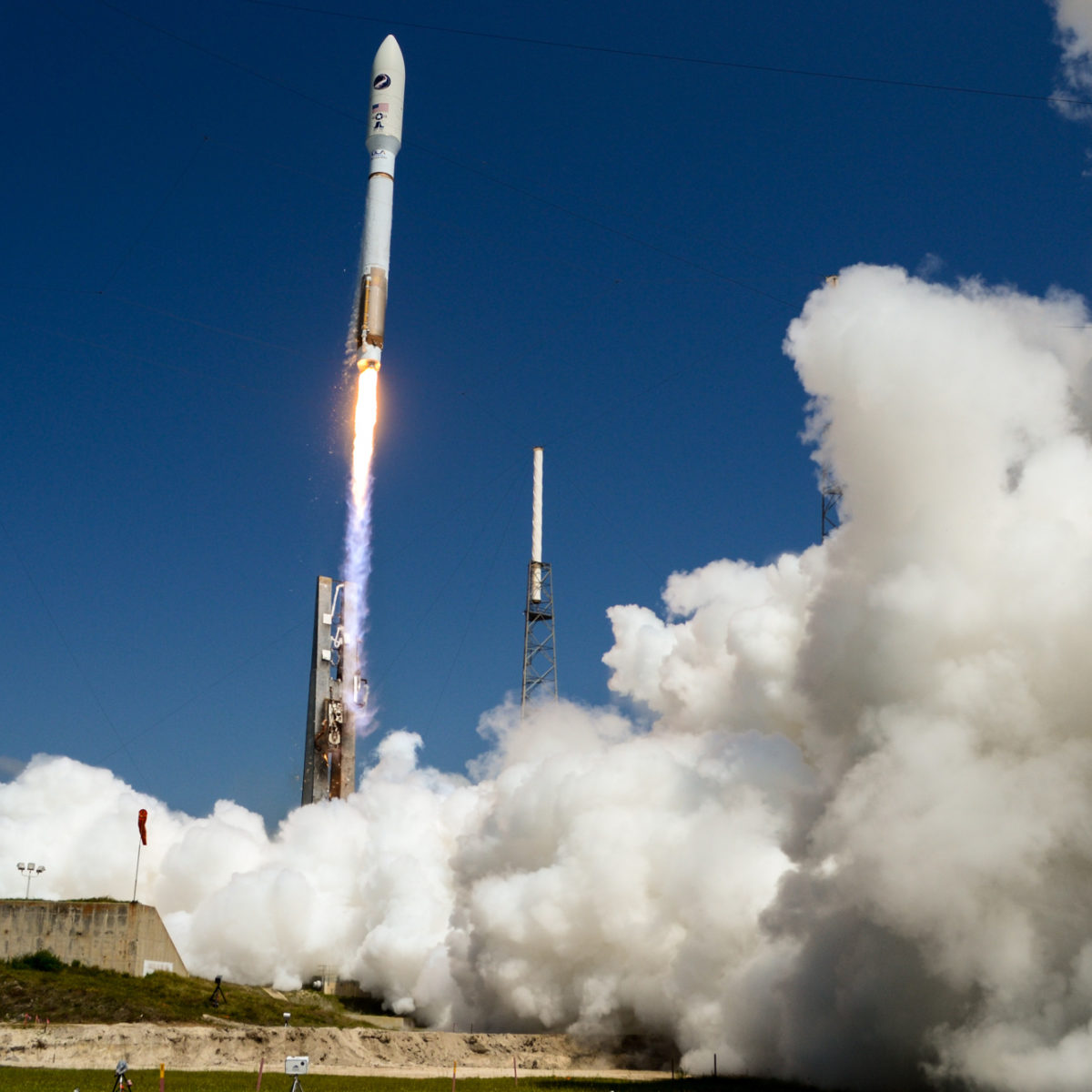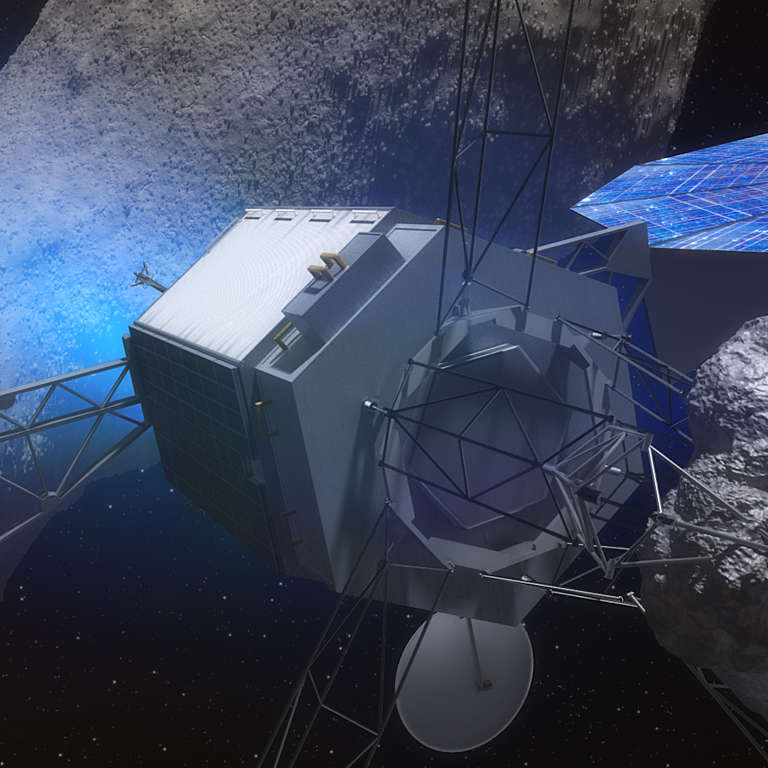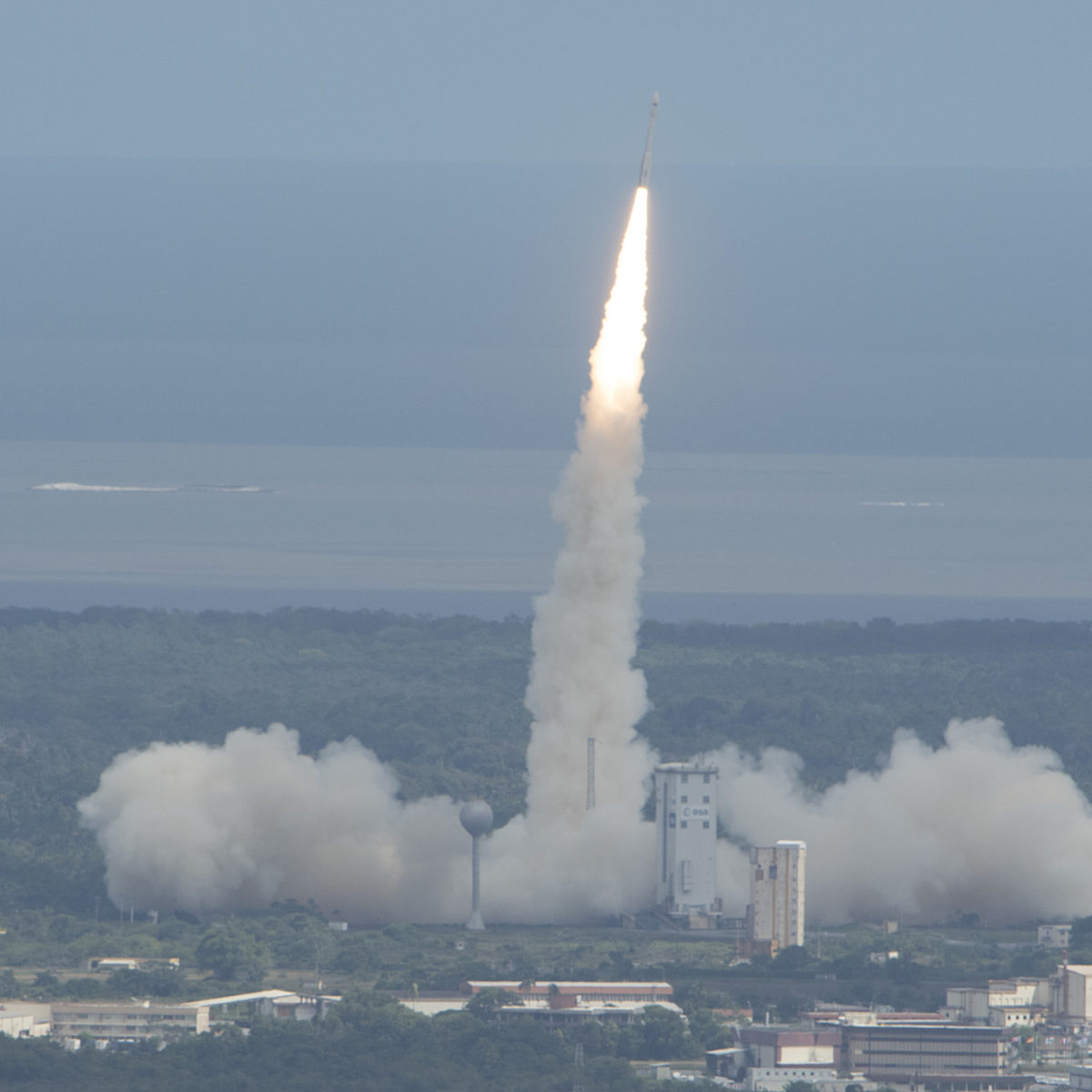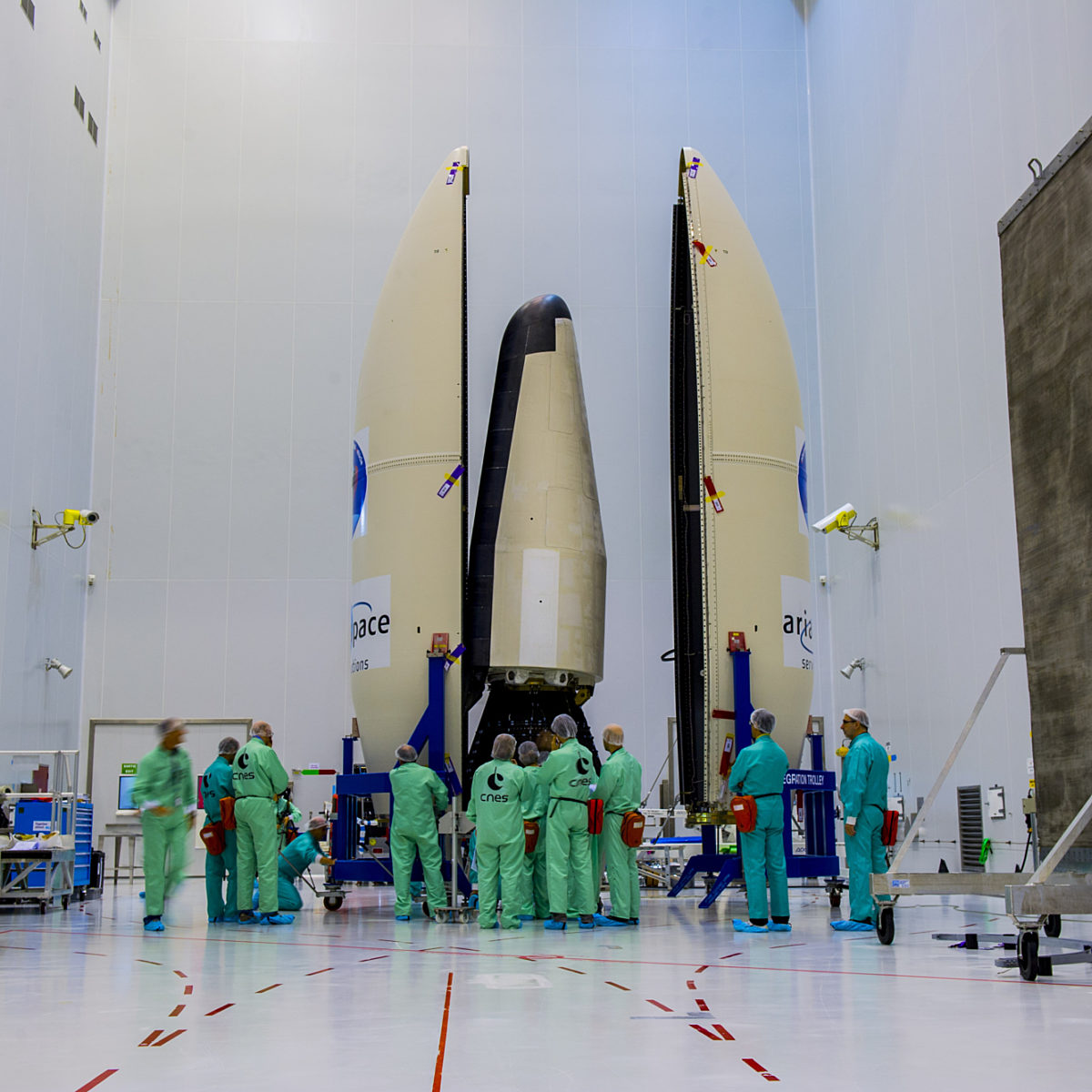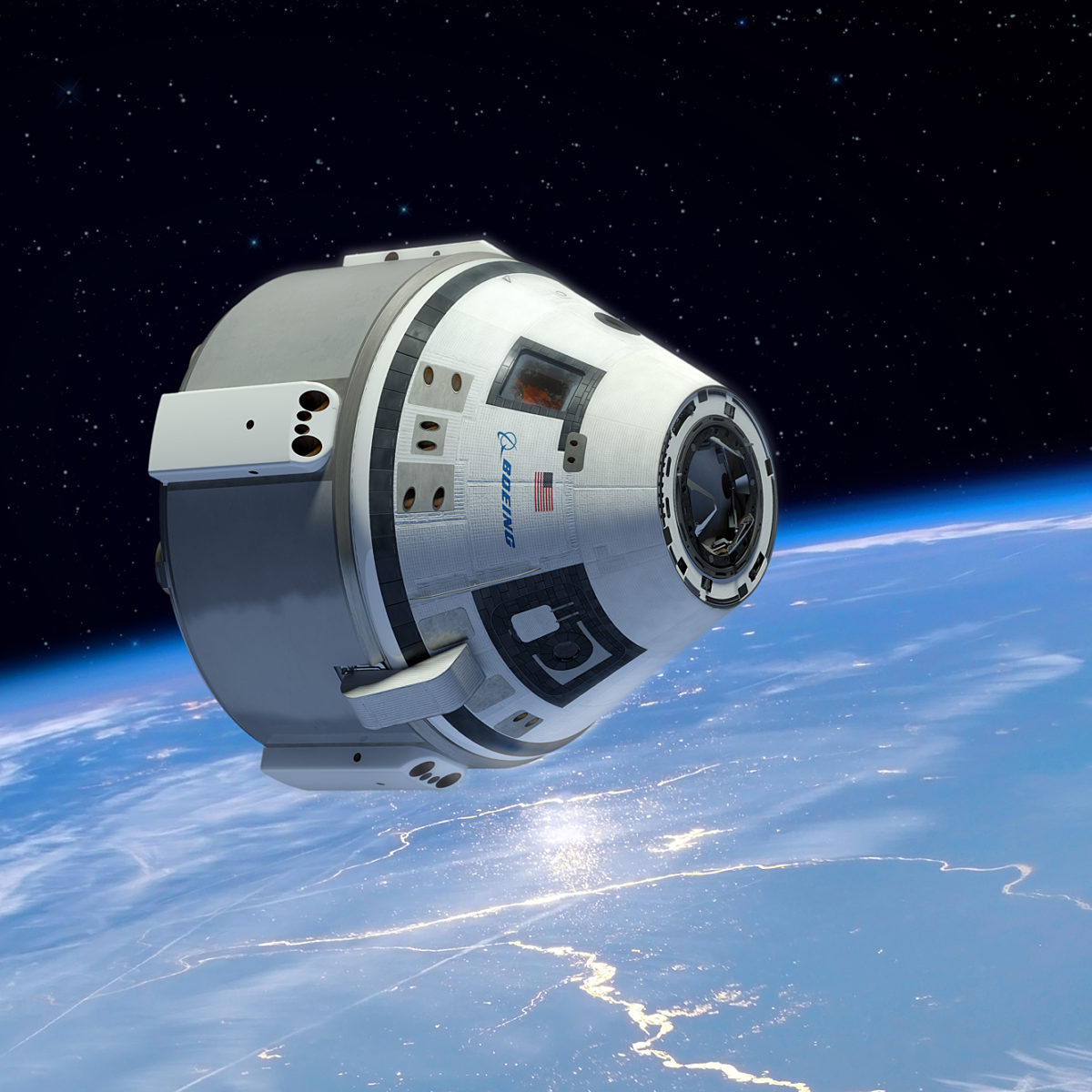All
All
Stories, updates, insights, and original analysis from The Planetary Society.
What are competed planetary missions?
A critical part of a balanced exploration program, competed missions are scientist-led projects that cost less and occur more frequently than large, flagship-class missions.
Hearing Recap: NASA’s FY 2020 Budget Request
On March 27, 2019, the House Appropriations Subcommittee on Commerce, Justice, Science and Related Agencies held a hearing titled, “NASA’s FY 2020 Budget Request.”
How India built NavIC, the country's own GPS network
The country's satellite navigation system faced a long and difficult road, but it's finally operational.
Revisiting the ice giants: NASA study considers Uranus and Neptune missions
Only one spacecraft has ever visited Uranus and Neptune: Voyager 2, in the late 1980s. A new NASA report explores the reasons to go back, and what type of mission might take us there.
Test stand glitch halts SLS engine firing in Mississippi
A test stand problem cut short today's test-firing of a Space Launch System development engine at NASA's Stennis Space Center in Mississippi.
SLS Mockup Finds Path through Southern U.S.
The SLS core stage pathfinder is a 65-meter-long, full-size mockup of the actual rocket's main section. Just like SLS, building, assembling and utilizing the pathfinder involves multiple contractors and NASA centers around the southern U.S.
SLS CubeSats to Set Sail for Deep Space
When SLS launches Orion to the moon in 2018, a fleet of deep space CubeSats will come along for the ride, including a solar sailing spacecraft similar to LightSail.
Planetary Deep Drill Field Test: Road Trip
The Planetary Deep Drill is being tested in a California gypsum mine. Several Planetary Society staff took a road trip to visit the ongoing Honeybee Robotics test of this prototype robotic drill that could one day drill hundreds of meters into planetary ices.
United Launch Alliance Unveils New CubeSat Carrier Program
United Launch Alliance plans to include a CubeSat carrier on nearly every one of its Atlas V and Vulcan rockets starting in 2017, the company announced today.
SpaceX Completes Crew Dragon Propulsion System Development Testing
SpaceX has completed development testing on its SuperDraco propulsion system, used to propel the company’s Crew Dragon spacecraft away from a Falcon rocket in the event of a launch failure.
Blue Origin to Launch Rockets from Cape Canaveral
Spaceflight company Blue Origin plans to launch its orbital rocket from Cape Canaveral, Florida, the company revealed Tuesday.
Roving Mars—In Utah
Students gather in the desert to answer the University Rover Challenge, pushing the limits of the tech that will drive future Mars exploration.
No Major Problems with SLS Design, NASA Managers Say
A key review of NASA’s Space Launch System did not uncover any major problems with the rocket's design, officials said at Stennis Space Center near Gulfport, Mississippi.
Despite Rain Delays, NASA Prepares for Busy Year of SLS Engine Tests
Despite a rainy spring that has caused schedule delays, NASA is preparing for a busy year of Space Launch System engine testing.
United Launch Alliance Pulls Back Curtain on New Rocket
ULA revealed its new Vulcan rocket system today, an Atlas and Delta mashup the company says will increase power, lower costs and broaden mission capabilities.
Meet NASA's Winning Asteroid Redirect Spacecraft, and the Asteroid It May Visit
NASA has decided to pluck a small boulder off a large asteroid, instead of bagging an entire asteroid outright, the agency announced Wednesday.
Interview with an SLS Engineer: How Booster Test May Help Drive Golden Spike for Interplanetary Railroad
With NASA and Orbital ATK preparing for an important test tomorrow in Utah, an SLS engineer describes the inner workings of the vehicle's new solid rocket boosters.
Europe's Experimental Spaceplane Completes Successful Test Flight
The IXV spaceplane, designed to demonstrate reentry technologies, splashed down in the Pacific Ocean this morning after a successful, 100-minute test flight.
Two Days, Two Launches and Three Landings
Within a two-day span, two rocket launches and three ocean landings are scheduled—one of which involves an autonomous spaceport drone ship.
Commercial Crew Rivalries: Fun to Watch, Everybody Wins
Now that Boeing and SpaceX have won the high-profile privilege of carrying astronauts to the ISS, they must start making public appearances as reluctant equals.


 Explore Worlds
Explore Worlds Find Life
Find Life Defend Earth
Defend Earth


 Sun
Sun Mercury
Mercury Venus
Venus Earth
Earth Mars
Mars Jupiter
Jupiter Saturn
Saturn Uranus
Uranus Neptune
Neptune Small Bodies
Small Bodies